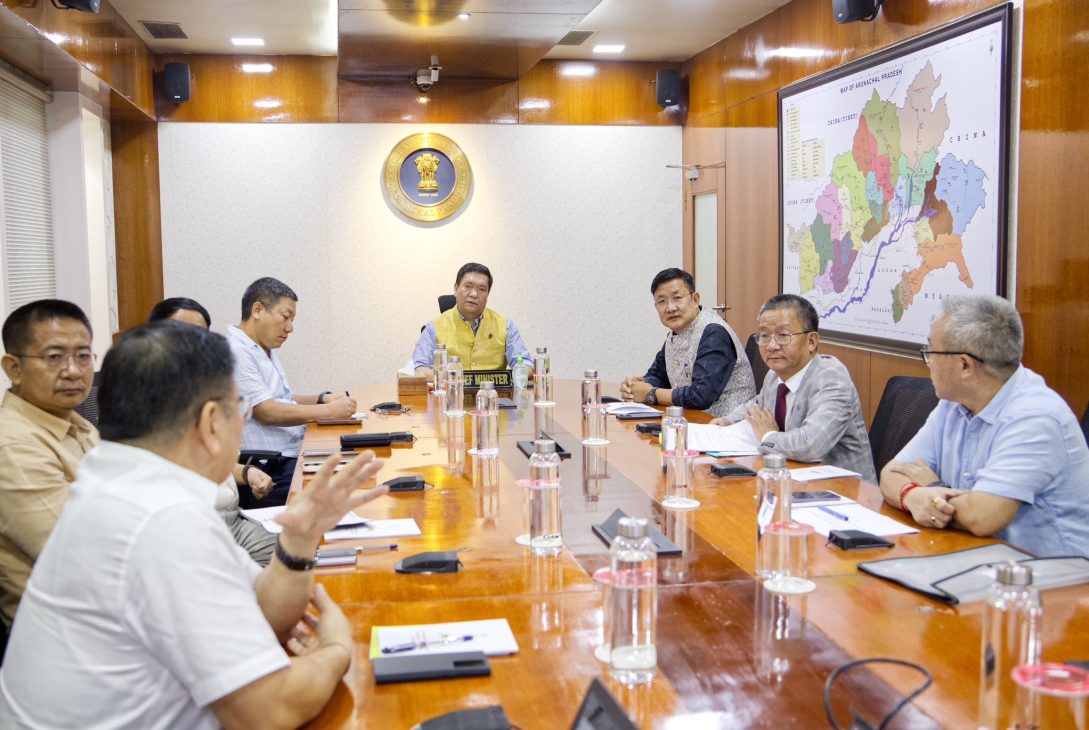In a significant move for Arunachal Pradesh, Chief Minister Pema Khandu led a historic Cabinet meeting under the ‘Cabinet Aapke Dwar’ initiative at Kibithoo, India’s easternmost village located in the strategically vital Anjaw district.
Kibithoo, known as the first village of India, holds special importance as it sits at the confluence of two international borders—China and Myanmar. This location highlights the symbolic and strategic value of the event.
During the meeting, CM Khandu, accompanied by Cabinet ministers and senior officials, reaffirmed the state’s dedication to decentralised governance and last-mile service delivery. The gathering focused on addressing local issues, assessing development projects, and enhancing administrative presence in one of the most remote and sensitive border areas of the state.
“Conducting this meeting in Kibithoo is a powerful statement,” said CM Khandu, emphasizing that governance must reach all citizens, regardless of their location.
The ‘Cabinet Aapke Dwar’ initiative aims to take the government directly to the people, particularly in border and remote regions, ensuring inclusive, accessible, and timely governance.
This historic meeting follows CM Khandu’s Tiranga Yatra in Walong, which celebrated patriotic unity and honored the sacrifices made by soldiers during the 1962 war.
















